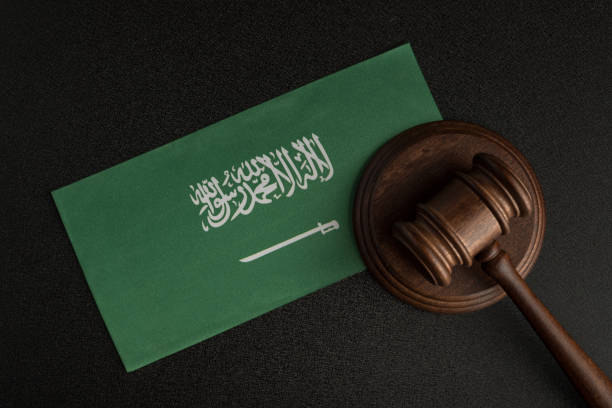
International law firms have begun filing lawsuits against the Saudi regime, accusing it of spying on its opponents in London.
And the law firm Bendmans announced the start of lawsuits on behalf of nine Britons believed to have been targeted by the Pegasus spyware, affiliated with the Israeli company NSO.
The law firm Bendmans said the group spied on included a Baroness in the House of Lords and human rights activists.
As well as academics and leaders in the civil society in the country of different origins, most of them came from Arab countries, and they oppose Gulf regimes.
According to what was published by the Middle East Eye website, it is believed that the Saudi and Emirati regimes were the ones who spied on them.
The site pointed out that the victims, who are likely to raise the case, include the British Muslim Baroness Paula Odin and the Saudi academic Madawi Al-Rasheed.
Raghad Al-Tikriti, President of the Muslim Association of Britain, her brother Anas Al-Tikriti, CEO of the “Cordoba” research and advisory institution, and Sayed Al-Wadaei, president of the Bahrain Institute for Rights and Democracy.
Another law firm in London, called LayD, has already started filing lawsuits against the Saudi regime over its alleged spyware against activist Ghanem al-Misrir.
An international criminal investigation conducted by the non-profit organization Forbidden Stories in Paris revealed that the Israeli Pegasus program had penetrated the phones of Saudi dissidents.
The international investigation conducted in cooperation with Amnesty International concluded that the espionage program used by the Saudi regime reached the closest people to journalist Jamal Khashoggi, especially his wife Hanan al-Etr, his Turkish fiancée, Hatice Cengiz.
Alongside them were a number of media professionals and politicians close to him a few months before his assassination inside the Saudi consulate in Istanbul.
According to a report by the Washington Post, a Pegasus user had targeted the phone of his wife, Hanan El-Etar, which runs on the “Android” system, before Khashoggi’s murder.
But the analysis could not determine whether the hacking process was successful or not, and spyware was used to hack the iPhone of his fiancée, Hatice Cengiz, days after killing him.
Their mobile phone numbers appeared on a list of more than 50,000 numbers concentrated in countries known to be spying on their citizens and also known to be agents of the Israeli NSO group.
According to Amnesty International’s analysis of this investigation, his wife’s mobile phone was hacked just four days after Khashoggi’s murder. Then it was hacked five times in the following days.
The analysis could not precisely determine what information was stolen from her phone or whether voice monitoring had taken place.
It is unknown whether Khashoggi’s mobile phone was hacked after he left his phone with Cengiz when he entered the consulate, who handed it over to the Turkish authorities.
While the authorities kept him and refused to disclose whether he had been hacked, indicating that the investigation was still underway into the murder.
According to the same report, the investigation conducted by 17 media organizations, including the Washington Post, relied on digital interviews and analysis of 76 iPhone devices.
He appeared in a list of more than 50,000 numbers concentrated in countries known to spy on their citizens and be clients of the Israeli company NSO.
The newspaper also confirms that the list did not mention customers’ names and did not indicate whether the phones were targeted or subject to surveillance.